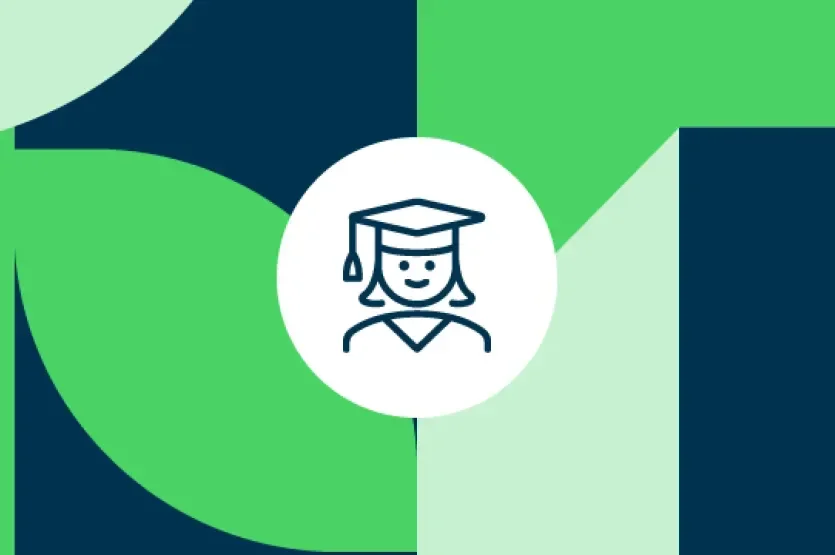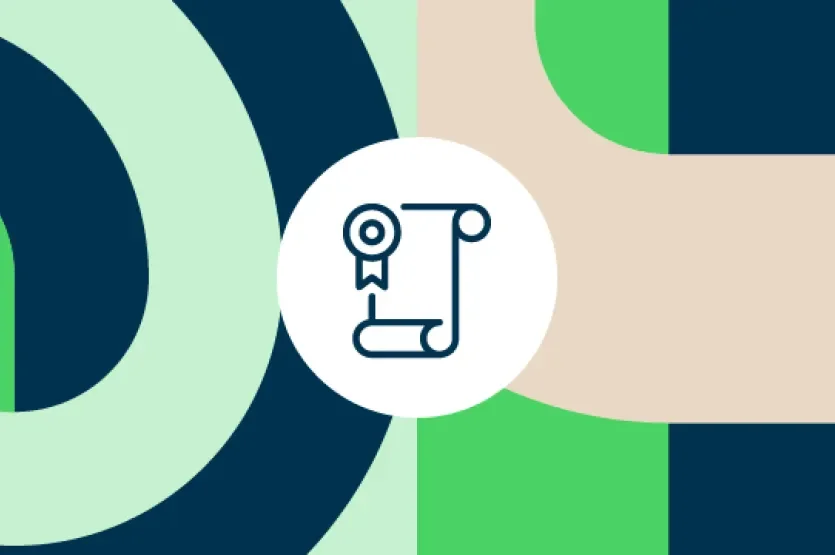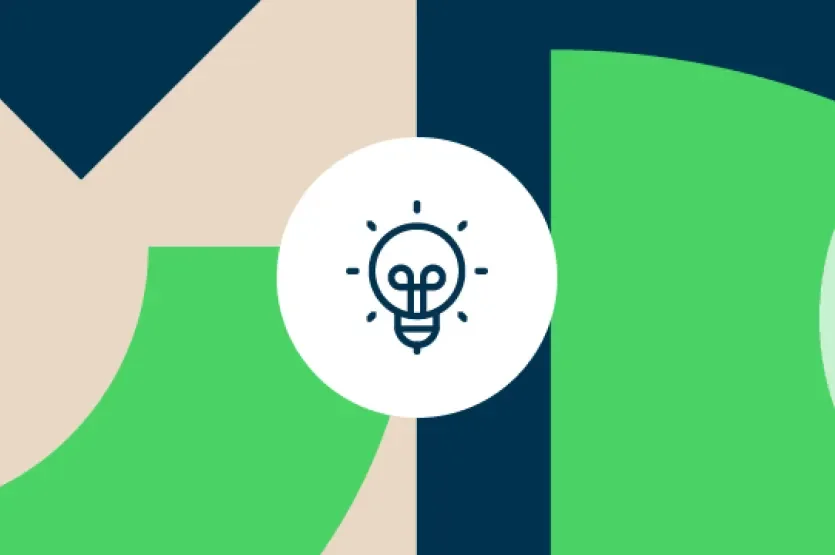Overview
The world we inhabit is on the cusp of an extraordinary transformation, one driven by the rapid proliferation of the Internet of Things. This revolutionary concept envisions a future where everyday objects, from household appliances to personal devices, are seamlessly connected to the digital realm, enabling a seamless integration of the physical and virtual realms. By 2030, it is projected that there will be 50 billion IoT devices globally, a testament to the profound impact IoT will have on our lives.
This imminent reality invites us to explore the vast potential of a hyper-connected world, where innovation, intelligence and impact converge to shape the future of technology. The IoT ecosystem holds the promise of revolutionising various domains, from agriculture to healthcare, empowering us to create innovative solutions that cater to the needs of an increasingly interconnected society.
At the core of this transformative journey lies the need to develop a strong foundation in the principles and technologies that underpin the IoT. By delving into both the theoretical and practical aspects of IoT, we can equip you with the necessary tools to navigate the complexities of this ever-evolving landscape, driven by the convergence of sensing, hardware, machine learning and networked systems.
You can study modules including Data Analysis and Machine Learning, Security for IoT projects, Blockchain Scalability, Connected Embedded Systems, Network Stack Implementation and more. At the end of the course you will complete an IoT project in which you can showcase your new skills and knowledge.
Envisioning a Connected World
This course is built on the conviction that the Internet of Things has the potential to revolutionise society and elevate many aspects of daily life. Whether it's creating intelligent systems that lower energy use or optimising transportation for greater safety and efficiency, IoT’s possibilities are vast. Pursuing a Master’s degree in the Internet of Things will equip you with in-depth knowledge of how IoT is transforming industries and redefining how we live and work. If you’re passionate about technology and eager to lead the wave of innovation, this programme is your opportunity.
Why DCU
DCU People
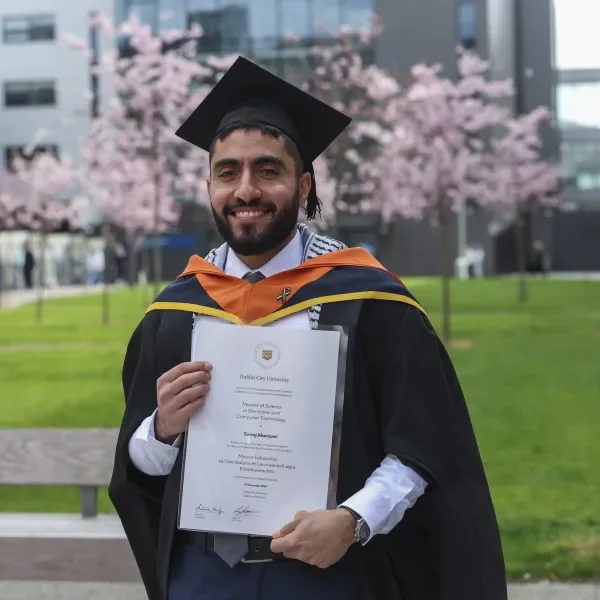
Sarraj Alsersawi is rightly proud of coming top of his class in Dublin City University’s MSc of Electronic and Computer Technology (Internet of Things).
Read more about Sarraj Alsersawi
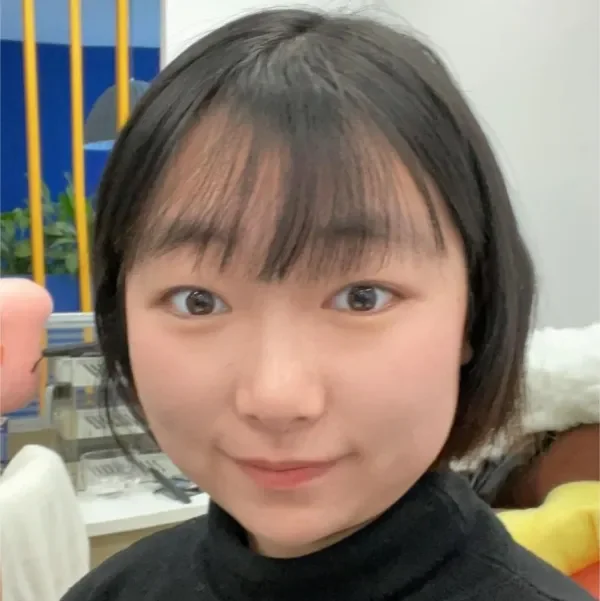
Choosing to pursue a master's program in Internet of Things (IoT) stems from my profound interest in the future developments of the technology sector and thoughtful consideration of my pe
Read more about Shanshan Gao
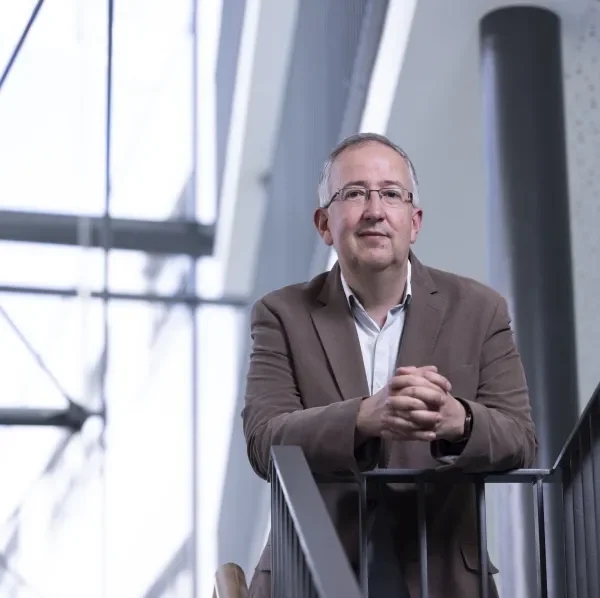
The Master's program in Internet of Things (IoT) offered by Digital Skillnet and DCU is a comprehensive course designed to equip students with advanced skills in IoT technologies.
Read more about Derek Molloy
Entry Requirements
• A Primary Honours degree, Level 8 with an award of H2.2 or higher in Electronic/Electrical/Computer Engineering, Applied Physics, Computer Science or other Engineering Disciplines
• International candidates who are non-native speakers of English must satisfy the University of their competency in the English language. More information about DCU's English language requirements can be found here: http://www.dcu.ie/registry/english.shtml
Programme Structure
This highly flexible course allows students to study part-time or full-time. We have two intakes per academic year, September and January. Full-time students beginning in September or January may complete the programme in 12 months.
Flexible study options are also provided for part-time students. Students can complete this course in 2-4 years and can decide how many modules per semester and academic year they take. They can study on-campus or remotely but will be required to attend campus for examination purposes and a small number of laboratory exercises for some optional modules.
An alternative Master’s Qualifier entry path is available for EU-status students who do not meet the Master’s programme entry requirements.
Students will undertake core modules in the following areas:
- Data Analysis and Machine Learning
- Real-Time Digital Signal Processing (DSP)
- Connected Embedded Systems
- Network Stack Implementation
- Masters Project - IoT
Students can choose between a wide range of optional modules including:
- Wireless/Mobile Communications
- Web Application Development
- OOP with embedded systems
- Security for IoT Networks
Fees and Funding
Fees
Faculty of Engineering & Computing International Scholarship
This scholarship is available for Non-EU applicants who have received an offer to study on eligible postgraduate programmes in the Faculty of Engineering and Computing. Successful recipients will receive a €5,900 fee reduction on the full-time 2025–2026 Non-EU Tuition fee.
How To Apply
To apply for this programme please click here.
Here's a quick step by step guide if you need help with your application:
• Please submit certified academic transcripts for all years of study at college or university in original language*, with certified English translations if applicable.
• If applicable, provide evidence of competence in the English language as per DCU entry requirements. Please see link http://www.dcu.ie/registry/english.shtml.
• Where an applicant is in their final year of their undergraduate degree, please submit certified transcripts for all years completed to date.
Application Deadlines
Applications will be accepted on a rolling basis until the programme is full or until the following dates:
For September 2025 intake:
- Closing date for NON-EU applicants is 1st July 2025.
- Closing date for EU applicants is 30th August 2025.
For January 2026 intake:
- Closing date for NON-EU applicants is 5th December 2025.
- Closing date for EU applicants is 5th December 2025.
- All required documents in support of your application must be provided by this deadline.
Note: Applicants who require a study visa for the purposes of studying at DCU, are advised to apply as early as possible.
Application Queries
For EU applicant queries, please visit https://www.dcu.ie/registry/eu-postgraduate-taught-admissions or email postgraduateadmissions@dcu.ie
For non EU applicant queries, please visit https://www.dcu.ie/registry/international-admissions-undergraduate-and-postgraduate or email internationaladmissions@dcu.ie
Life On Campus
At DCU, our students can expect a unique campus experience. We are known for our excellent teaching and learning facilities, our active clubs and societies, and our great social and sporting facilities. All this makes DCU an exciting place to be.
DCU has three academic campuses; Glasnevin, St. Patrick’s and All Hallows (both in Drumcondra), all close to Dublin City centre.
They can be reached by public transport, Dublin Bus and Bus Éireann, with our Drumcondra campuses a ten minute walk from Drumcondra Train Station. Glasnevin is a 20 minute walk from St Patrick’s and All Hallows. They are also linked by Dublin Bus.
Each campus has a library (O’Reilly, Cregan and Woodlock Hall), study spaces, restaurants, and on-campus residencies. There are sports facilities on Glasnevin and St. Patrick’s, and there is a dedicated sports campus, St Claire’s, located near Glasnevin on the Ballymun Road.
DCU’s 19,000 students have access to exceptional teaching and learning facilities across our three academic campuses.
These include modern learning theatres, research centres, a new media and TV studio, radio/podcast studios, computer suites and advanced labs in the areas of Languages, Engineering, Physics, Chemistry and Biotechnology, as well as a Sports Performance centre and a training hospital ward. In 2021, we opened our first virtual reality ‘Leadership Lab’, which is located in our Business School.
We continue to improve and update our facilities. For example, construction of a new world-class STEM facility is underway on the Glasnevin campus. With capacity for an extra 3,000 STEM students, this facility will advance DCU’s international reputation for excellence in science and health, computing and engineering disciplines.
Studying in DCU isn’t just about course work. The university is rich in student life and activities.
There are more than 140 clubs and societies for students in DCU, with ‘Clubs & Socs’ days taking place on both the Glasnevin and Drumcondra campuses at the start of the academic year. They span everything from rugby to rock climbing, anime to jazz.
For many students, sport is an important part of the DCU experience. DCU’s Sports Complex boasts a 25 metre swimming pool, fitness centre gym, all-weather pitches and squash courts, as well as soccer, GAA and rugby pitches. DCU Dóchas Éireann, the university’s GAA club, is the largest third level Gaelic Games club in the country. Meanwhile, DCU Athletics has been Ireland’s highest achieving university club for many years. And DCU has dozens of other clubs to get involved in, from Archery to Weightlifting.
The Glasnevin campus is home to our purpose built, state-of-the-art student centre, The U, which serves the needs of a rapidly growing student body. Here, you will find the Student Leadership and Lifeskills Centre, performing arts and cultural spaces for students and the wider community, and the Entrepreneurship and Innovation Hub. Also located on our Glasnevin campus is The Helix, our renowned performing arts centre.
On our St Patrick’s campus, we have the Java Student Hub, a vibrant, warm and welcoming space where students can meet for coffee, play music, use the projector to watch events, or just relax. The walls of the Java Hub were designed based on the cultural history of St Patrick’s Campus, including the special references to the notable sporting history and history of the arts.
We have a number of academic, professional and social supports for students.
Student Advice & Learning Skills Centre - Offers a wide range of supports and services to students and advice
The Writing Centre - drop-in writing workshops for students through the academic year
Maths Learning Centre - provides maths support for students of all ability levels with maths modules
Student Learning - facilitate the transition from passive to active learning for students at DCU, by teaching study skills, nurturing critical thinking and building student confidence.
Careers work with students to help them on their professional journey into graduate employment.
Our student support team offers a comprehensive support programme, helping students make that all important transition into university life and focusing on building confidence and skills which are key to success at third level.

DCU Glasnevin Campus
FAQs
Is DCU all one campus?
DCU is a multi campus university - the Glasnevin, St Patrick's and All Hallows campuses. The St Patrick's campus is where the Education courses are taught and some of the subjects from the BA Joint Honours degree. There is a 20-25 minute walk between the campuses but there are buses and bikes available to go between them also.
Click here to see maps of all of our campuses
If I'm studying on the St Patrick's campus, can I use the library and sports centre on the Glasnevin campus?
Yes, all facilities such as sports and accommodation are open for all DCU students to avail of.
Are there libraries in DCU and if they have wifi and work stations?
We have a brand new state of the art four floor library on our St. Patrick's Campus which complements the existing library on the Glasnevin campus. There is free wifi, work stations as well as desktop computers.
Does DCU provide accommodation?
DCU does have on-campus accommodation for undergraduate and postgraduate students, and you can find out more and apply via the Accommodation Office webpage.



